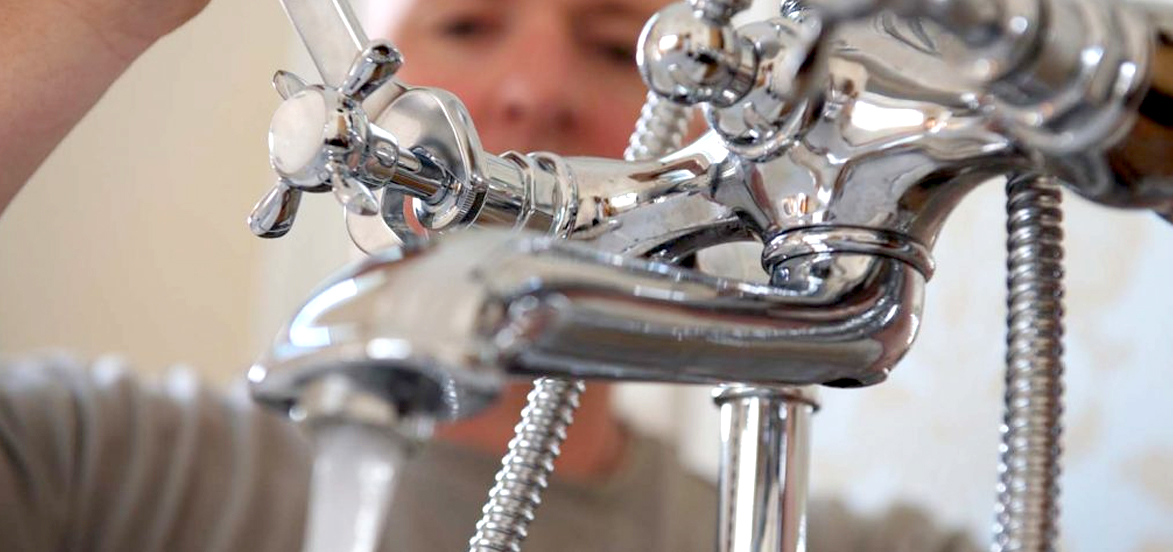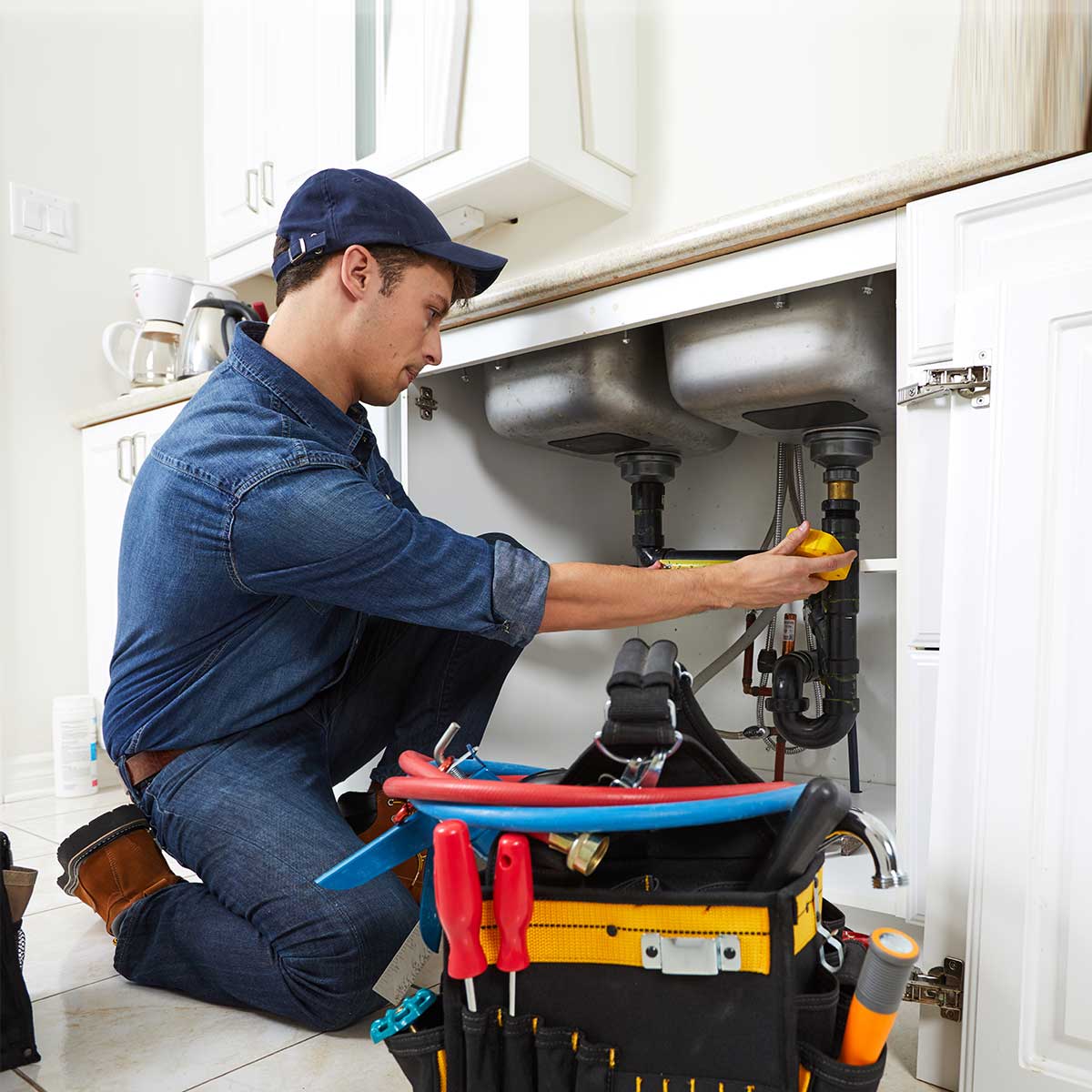The 5 Common Water Leak Triggers
The 5 Common Water Leak Triggers
Blog Article
What are your thoughts about Common Causes of Water Leaks in the Home?

"Be careful of little expenditures. A little leak will certainly sink an excellent ship." - Benjamin Franklin.
He could not have been extra best due to the fact that water leaks in our houses lead to a waste of sources, increasing our water expenses. Although this rise might seem minimal in the beginning, it can result in considerable expenditures that can break your bank. Aside from a rise in bills, water leakages likewise create unwanted natural development, architectural damages, and also even electrical dangers.
If you have a water leakage isn't always easy due to being not able to see many of the pipework in your residence, figuring out. However, If you have had a boost in your water expenses recently, noticed water spots on walls and ceilings, smelt lousy odor, etc. You might wish to take into consideration requesting plumbing solutions to get it looked into.
There are a number of root causes of water leakages, as well as we have compiled the usual factors below. Check to see if you have had associated problems in your home just recently.
Blocked drains pipes
Food fragments, dust, and oil can trigger clogged drains pipes and obstruct the flow of water in and out of your sink. If undealt with, enhanced stress within the gutters can end and also create an overflow up breaking or bursting pipes. To avoid clogged drains in your house, we suggest you to prevent pouring fragments down the tubes as well as regular cleansing of sinks.
High water pressure
You observed your home water stress is higher than normal but then, why should you care? It's out of your control.
It would certainly be best if you cared because your ordinary water pressure must be 60 Psi (per square inch) and although your home's plumbing system is designed to hold up against 80 Psi. A boost in water pressure can place a pressure on your home pipes and cause cracks, or worse, ruptured pipelines. If you ever observe that your residence water pressure is more than common, contact a specialist concerning managing it.
Rust
As your pipework ages, it obtains weaker as well as more vulnerable to corrosion after the constant flow of water via them, which can gnaw at pipes and also trigger fractures. A visible indication of corrosion in your house plumbing system is staining and although this may be tough to detect because of a lot of pipelines hidden away. We suggest doing a frequent examination every few years and also transform pipelines once they are old to make certain a sound plumbing system
Deteriorated pipe joints
Pipeline joints are the parts of our plumbing system where the pipes link. They are the weakest point of our plumbing system. Therefore, they are much more prone to wear and tear. It is vital to note that although pipelines are made to withstand pressure and last for a while, they weren't created to last for life; as a result, they would degrade with time. This deterioration could lead to splits in plumbing systems. An usual indicator of harmed pipeline joints is extreme noise from taps.
Damaged seals
Another root cause of water leakages in homes is broken seals of house devices that utilize water, e.g., a dish washer. When such devices are installed, seals are set up around water ports for easy passage of water through the maker. A broken seal can cause leakage of water when in usage.
With little or no expertise of plumbing, recognizing your residence's plumbing system enough to fix some of these issues (without effect) can be a trouble. Connect with plumbing specialists in Pittsburgh, Divine Superintendence, Rochester, as well as environ today, and they'll make those concerns go away.
He couldn't have been much more right due to the fact that water leaks in our homes result in a waste of sources, raising our water expenses. If you have had an increase in your water costs lately, saw water spots on ceilings and wall surfaces, smelt poor odor, etc. A boost in water stress can place a strain on your residence pipelines and lead to cracks, or worse, ruptured pipelines. Another cause of water leaks in houses is broken seals of house devices that utilize water, e.g., a dishwasher. When such appliances are set up, seals are set up around water ports for very easy passage of water with the maker.
5 TIPS IN DETECTING A WATER LEAK IN YOUR HOUSE
Water leaks can be hard to find in your home, yet they can be so common. We rely on water every day in our home, which is why a leak can cause big problems. By detecting them early, you can save money and further damage, getting the problem fixed as soon as possible. Here are 5 tips to help you detect a water leak in your home, so you can contact a plumber straight away and get the issue sorted.
Check your water meter
Many people underestimate the value of the water meter in their home. It can be one of the best ways to tell if you have a leak early on, so you can get on top of it before issues start arising. Start by turning off all the water in your home: taps, washing machine, dishwasher, etc. Now take a look at the meter – if it’s still changing with everything turned off, it’s likely you have a fast-flowing leak that you need to get on top of straight away. If nothing changes, then leave your meter for an hour or two and come back to it. Did it change in this time? It’s likely you have a slower leak, which isn’t as urgent but still handy to get fixed so it doesn’t become a bigger problem.
Keep an eye on your bill
Another good way to detect a leak in your home is by keeping an eye on your water bill. It helps if you have a past bill from the same period of time. You can compare like for like and determine whether your water usage has increased significantly. If it has, there may be a leak in your system that you haven’t picked up before. A professional plumber can check through all of your pipes and determine where it is coming from.
Look for damage
If you have a leak inside your home, you will notice damage over time. Take a look at your showers and bathtubs and note whether any of the tiles surrounding the area seem to be discoloured or damaged in any way. There may be water stains, mould or peeling material that has resulted from a build up of moisture over time. Make sure you take a look under sinks at the back of cupboards that don’t get accessed regularly. This is where damage can go unnoticed and build up over periods of time.

As a person who reads on How to Find and Prevent Water Leaks in Your Home, I was thinking sharing that article post was a good thing. In case you appreciated our article if you please don't forget to share it. I praise you for your time. Please visit our blog back soon.
Best choice? Dial! Report this page